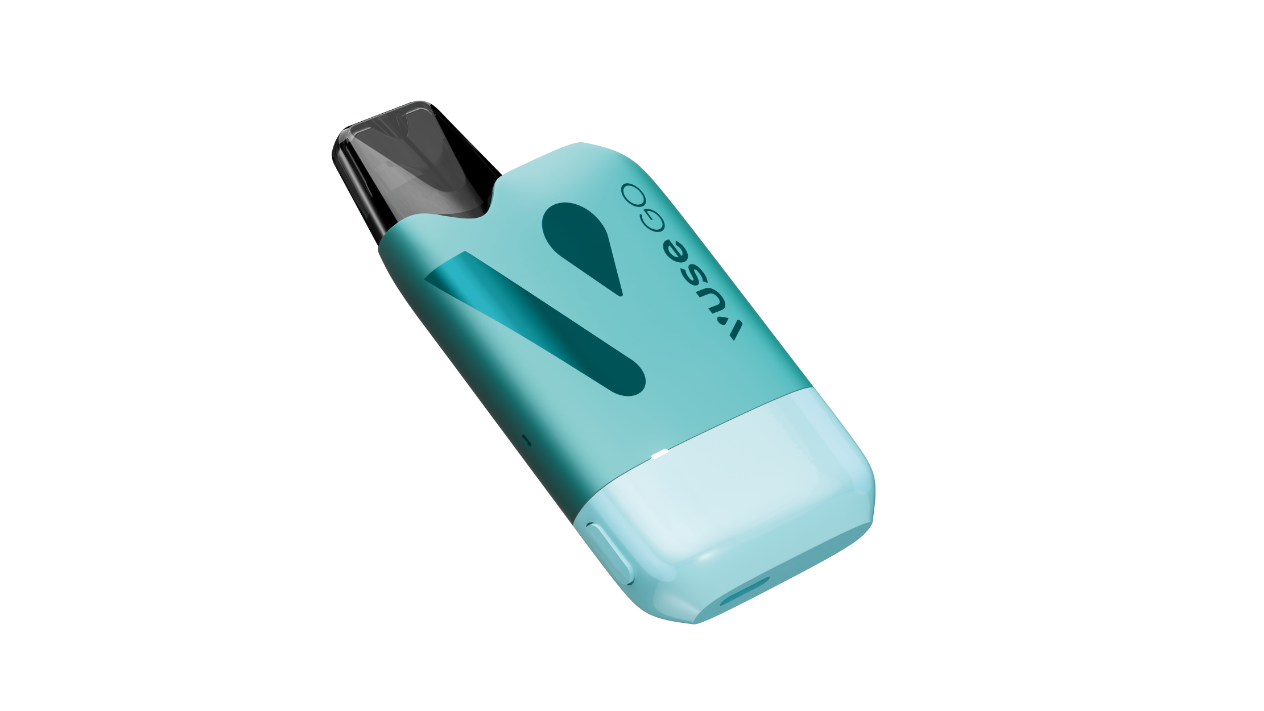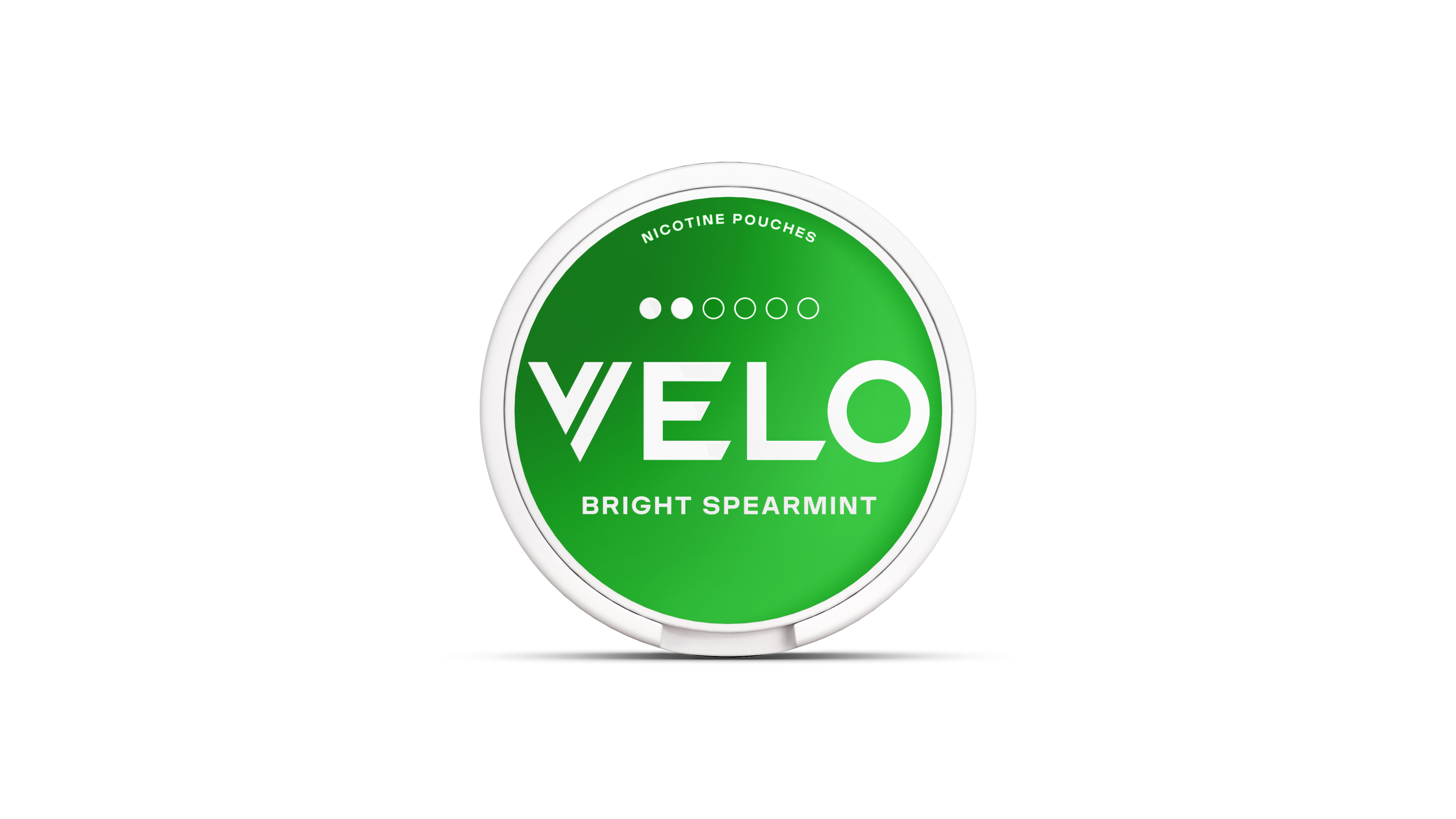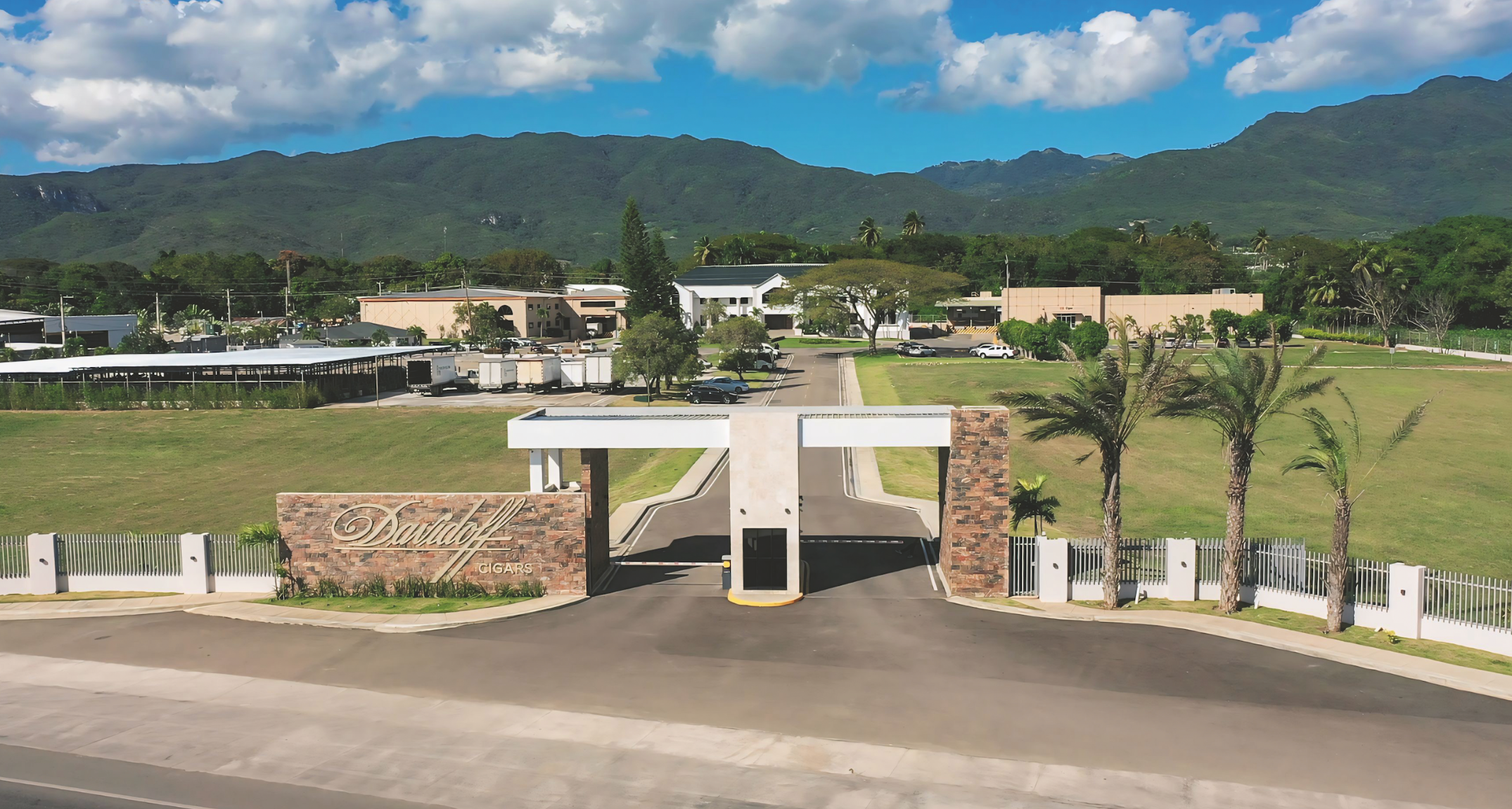August 1, 2025
From product innovations to regulatory challenges, the tobacco industry sees continued evolution

Growth projections for the global duty free market to over US$600 billion by 2034 present opportunities for tobacco manufacturers willing to adapt to evolving consumer preferences and regulatory requirements. Success in this environment increasingly depends on balancing innovation with compliance, tradition with transformation, and global strategies with local market adaptation.
Manufacturers reflect broader trends toward premiumization and innovation, with traditional cigarettes funding research and development of reduced-risk alternatives, while digital technologies and consumer engagement innovations are becoming increasingly important tools for brands to educate consumers and provide product information before purchase.

Building a smokeless future
BAT’s GTR division plays a crucial role in the company’s vision to reach 50 million adult consumers using smokeless products by 2030. Andy Hrstic, Cluster General Manager GTR & China at BAT, reports strong progress toward this target, with over 29 million adult consumers using BAT’s smokeless products globally as of 2024.
“At BAT, we have a clear purpose to build 'A Better Tomorrow' by reducing the health impact of our business,” Hrstic says. The company invests over £300 million (US$408.25 million) annually in research and development of smokeless products, supported by eight innovation centers worldwide and over 1,600 R&D specialists. With a footprint covering over 600 locations, GTR is a key part of offering BAT’s multi-category range of smokeless products to adult consumers globally.
The VELO tobacco-free nicotine pouch brand experienced substantial growth in 2024, supported by a bold rebrand in July that introduced the “VELO Weirdly Wonderful” platform with vivid, modern visuals and simplified product design.
“We are seeing real appetite from both adult consumers and our business partners in travel retail for smokeless products like VELO, and we expect this trend to continue in 2025,” Hrstic states. Products like VELO offer a format particularly suited to the travel environment. Hrstic expects consumer preference will evolve along these lines, supported by strong ongoing sales of traditional cigarettes to adult consumers.
The VELO rebrand incorporates digital product information and pre-purchase familiarity across touchpoints, with QR-linked tutorials and interactive narratives particularly effective in pop-up retail environments.
BAT also launched the glo hyper Pro, an innovative heated tobacco product, across various travel retail locations in 2024, demonstrating strong performance globally. “We know that a one-size-fits-all approach does not work in a channel as diverse and dynamic as travel retail,” Hrstic explains.
The company’s sustainability initiatives extend to travel retail operations, including the 2024 launch of VELO can variants certified by the International Sustainability and Carbon Certification for using bio-plastic or Post-Consumer Resin plastic through a mass-balance approach. BAT continues working toward its goal of being net zero across its value chain by 2050.
Global expansion
Monus, Serbia’s largest independent tobacco company and part of INVEJ Group, has expanded its footprint in the Americas with the introduction of the Floyd brand in duty free border shops in the US and Mexico.
Branislav Stefanovic, Duty Free Export Manager at Monus, reports continued growth across multiple markets. “Monus’ story of success continues, with new listings in Istanbul, Sabiha Gökçen and Antalya Airports; Monus Slims and Fast brands in Air Serbia inflight offer – both through cooperation with Avolta – expanded cooperation with partners in Mexico and listing of brand Floyd in Duty Free shops there; and the introduction of Fast and De Santis brands in domestic Romanian market.”
The expansion represents the final step in Monus’ strategy focused on offering locally adapted, consumer-relevant products with premium design and mainstream pricing without compromising flavor. Floyd is available in five variants: Full Red, Red, Blue, Silver and Menthol, conforming to European and international quality standards.
“Monus’ expansion strategy aims to achieve broader customer reach and increased market share, ultimately aligning with its overall business objectives of growth and profitability,” Stefanovic explains. “Focus is always on strategic partnerships and adaptation to local preferences, with the goal to strengthen presence and establish a solid base for future growth.”
Monus’ approach to travel retail emphasizes value positioning. “The company’s success in travel retail is based on the superior quality of Monus products coupled with modest pricing,” Stefanovic says. “This value-driven approach enables Monus to establish its reputation, build brand recognition and demonstrate that our products are a desirable choice for travelers.”
Monus’ established international presence includes its De Santis, Monus, Fast and Nero brands, now available in more than 25 countries across five continents. The company faces significant operational challenges in some markets due to new regulations, political instability and armed conflicts, forcing it to minimize or stop activities in the CIS+ region.
The company is exploring new product categories. “We are evaluating introduction of alternative nicotine delivery systems, mainly HTP (heated tobacco products), but are without hard commitment at this moment,” Stefanovic says.
Regulatory challenges persist
The Duty Free World Council (DFWC) faces ongoing scrutiny regarding the industry’s role in illicit tobacco trade, with the WHO’s forthcoming study under Article 13.2 of the Illicit Trade Protocol set to assess the extent of illicit trade related to duty free sales.
A DFWC spokesperson emphasized the industry’s commitment to supporting the Protocol’s provisions while expressing concerns about the study’s methodology, saying, “The duty free industry strongly supports the implementation of the provisions of the WHO Protocol to Eliminate the Illicit Trade in Tobacco Products such as the establishment of licensing, due diligence, requirement of record keeping, and security and preventive measures.”
The Council maintains confidence that objective analysis will vindicate the industry’s position, says the spokesperson. “The Duty Free World Council remains firmly of the view that a fair and objective study will demonstrate that the duty free industry is a secure trading channel that makes no significant contribution to the illicit trade in tobacco products.”
“To our regret, the compilers of the study are yet to seek input from the duty free industry,” the spokesperson notes. “Without such input, we fear that the report will not provide a comprehensive, balanced view of the subject.”
The Council’s position is bolstered by a recent study commissioned from York Economics, which found that genuine duty free tobacco products account for only 0.056% of global illicit trade. “The study concludes that the contribution made by genuine duty free products to the illicit trade in tobacco is absolutely insignificant; indeed, a single unlicensed factory produces more illicit tobacco than this amount every year,” the spokesperson explains.
The mislabeling issue compounds challenges for duty free retailers. “It is a well-established fact that organized criminals have long used placing a ‘duty free’ label on counterfeit goods to trick consumers into thinking that these products are genuine,” the spokesperson says.
The “Duty Free: Trusted, Transparent, Secure” campaign continues to reinforce the industry’s integrity, with feedback from customs agencies worldwide supporting the industry’s position. “Overwhelmingly, Customs are telling us that they are satisfied with the reporting systems that the duty free industry has worked tirelessly to implement, and they are certain that the real problem lies elsewhere.”
The DFWC is grateful to the many retailers, airports and brands that have signed up to the Anti-Illicit Trade Declaration that is the cornerstone of the campaign, though more companies are needed to support this initiative. With the upcoming Meeting of the Parties (MOP4) to the Illicit Trade Protocol approaching, the DFWC is working around the clock to secure support for its position among government entities and stakeholders in key markets. “This is a crucial period and it is imperative that our position is understood and supported in the run up to MOP4,” the spokesperson says.




.jpg)